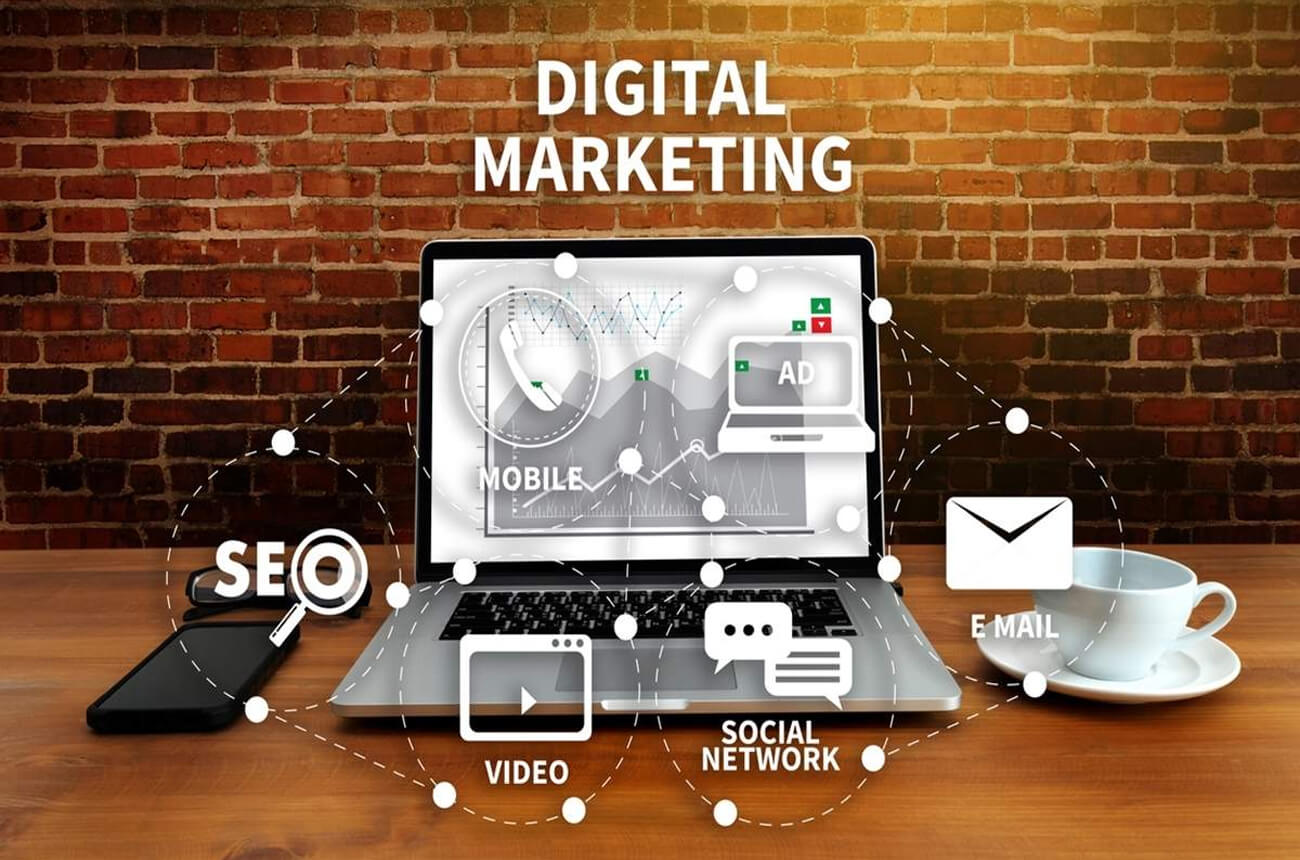Does Your Business Really Need SEO or Digital Marketing?
Would you like to see a business that’s doing wonderfully well? Just Google a few keywords related to your business and look at the top 3 results. The click-through rate (CTR) for the top position averages at 7.11%. It means more than 7% of the users searching for that key phrase are clicking on the top result. That’s thousands of people even for the dullest industries.
The CTR drops sharply to 3.01% for the second position and 2.19% for the third position, but that’s still thousands of people landing on those websites every month. Page 2, which, according to the Huffington Post blog, is the best place to hide a corpse, enjoys CTRs of the order of 1 in 1000 or lower.
More clicks sound like more traffic, more business, faster growth, more money, and less struggle. So, what would you do to get that coveted top spot?
You’d really need great SEO to be the top 3 results, right? At least that’s what some SEO agencies would have you believe. The fact is that no amount of SEO can place you on top of Google’s first page unless you’re doing equally good (or better) with digital marketing.
Wait, Isn’t Digital Marketing the Same as SEO?
Digital marketing and SEO might mean the same thing to some business owners, but there’s a huge difference between them. One can say that SEO gets visitors to your store and digital marketing helps you turn those visitors into loyal customers.
However, it would be more accurate to say that SEO is just one component of digital marketing, which is a holistic concept encompassing all aspects of online marketing.
How SEO Works?
Most people think of keyword optimisation when SEO is mentioned. And they’re right. Keywords are the phrases your customers use to find your business online. Here’s a brilliant video from Matt Cutts explaining how search actually works:
So, SEO definitely involves researching relevant keywords with a sizeable search volume and low competition. Then, you use those keywords in your page titles, meta description and on-page and off-page content.
Of course, there’s a range of technical elements such as page speed, canonicalisation, redirects, internal/external linking, etc that you’re supposed to address.
But if you think SEO alone is going to get you top rankings, you must be kidding yourself.
Why are Keywords Not Enough?
Since 2015, Google uses RankBrain to determine site rankings. It’s an artificial intelligence algorithm that considers a host of ranking factors, all of which are aimed at finding out one thing—how valuable your website is for the user.
It’s a machine learning algorithm that has eliminated the need for Google’s engineers to tweak their algorithms every now and then.
Regardless of how smartly you have picked and used your keywords and how well you have implemented technical SEO, Google is not going to reward you with a top ranking unless your content is exceptional. By exceptional we mean three things.
- Firstly, your content must be directly relevant to the user’s intention. For example, if the user wants to learn more about your product and you take them directly to the sales page that has little product information, most of your visitors are probably going to bounce away. Google might not consider this as a good user experience.
- Secondly, your content must be original. Duplicate or plagiarised content might banish your page from the listings.
- Thirdly, the content must be helpful. It should offer value to the users, making them stay back and engage with the content.
How Content Helps You Rank Higher?
In order for your business to occupy one of the top slots, your content should exist on multiple channels—social media, blogs, and other high authority domains. Google’s spider bots will be able to identify the content and link it back to your website.
If many high authority domains are referring to your website, RankBrain thinks you have some really valuable content on your pages.
Hence, your SEO rankings are likely to improve. But if you have low-quality content splashed over low-quality domains, Google is likely to hit you with a Panda or Penguin penalty and demote your rankings.
Why Is JUST Content Not Enough?
Digital marketing is not only about having high-quality content but high-quality content that converts. It involves designing a “sales funnel”, an analogy digital marketer liberally uses to describe the online marketing process that corresponds to different stages of your customer’s journey.
For example, some of your customers are just becoming aware of your brand. Some are evaluating your products and comparing them with your competitors’. Some are ready to buy and some have already bought your product and are looking to buy again.
Ideally, your content should talk to customers at each stage and help them transit to the next level.
How Digital Marketers Create a Sales Funnel?
Digital marketers make customer transition possible by creating multiple layers of communication. You may have leads coming in from Facebook, Google, blog, and other channels. These are people coming to your website looking to accomplish specific objectives.
Your digital marketing agency can get a hint of your customers’ objectives (or intentions) by tracking the keywords or the type of content that prompts them to come to your site.
The page where they land after clicking on your top search listing, a smart Pay-Per-Click Campaign, or even a social media post must correspond to their intent.
It should make it easy for them to move one step closer to the purchase.
Placing Clever Call-To-Actions (CTAs)
In order to have a sales funnel that works, each page on your website should be designed to accomplish specific objectives.
Each page should be designed keeping in mind the action that you want your customers to take—subscribe to a newsletter, book an appointment, download an eBook, buy a product, take a survey, etc.
It’s the job of digital marketers to make sure that your sales funnel is smooth and slippery so that your visitors become your customers and loyal buyers.
Incredibly, Google’s RankBrain is watching all this activity. It can see your customers spending time and engaging with your on- and off-page content. To Google, it’s a healthy sign. It will reward you with better rankings. If your digital marketing agency is doing a good job, you’ll see your website steadily climbing the search listings just as your online traffic and sales improve. Before long, you’ll start ranking among the coveted top spots for some of your keywords.
What Next?
Let us know about your SEO and digital marketing experiences in the comments section below.
If you need any help or suggestions with your current SEO or digital marketing strategy, get in touch with us for a quick SEO consultation. (absolutely FREE!)








